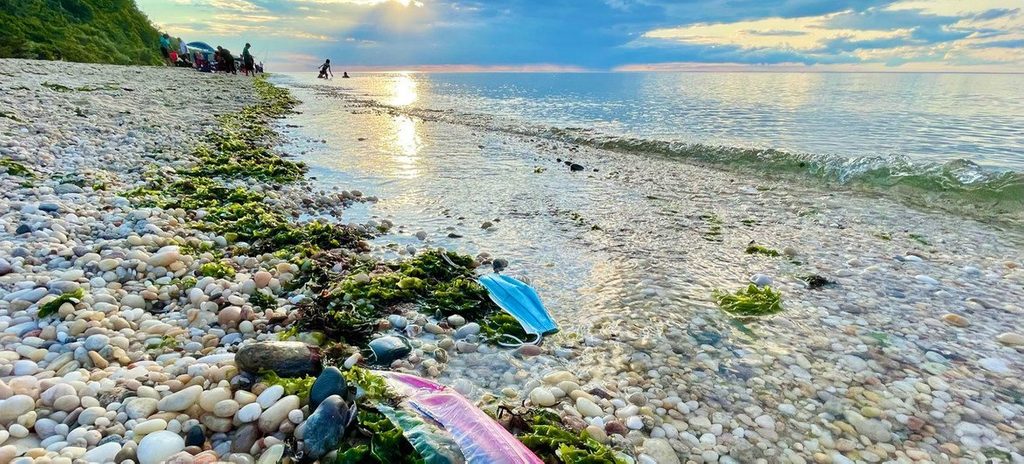The United Nations called on Monday for more to be done to end the " plastic pollution disaster.” The call was made at a ceremony marking the 50th anniversary of World Environment Day, hosted in Abidjan, Côte d’Ivoire.
The way the world produces, consumes and disposes of plastic has created a disaster, said the Executive Director of the United Nations Environment Programme (UNEP), Inger Andersen. "We need to do more.”
She noted that the world used plastics abundantly and unnecessarily for straws, glasses, bags, and as protection for transporting goods. There is a lot to be done at state level but also in the transport sector, she told French news agency AFP.
Annual production of plastics has more than doubled in 20 years and now tops 430 million tonnes. It could triple by 2060 if nothing is done.
The first draft of a future international treaty against plastic pollution is to be drawn up by November, with a view to a final text by the end of 2024, according to a resolution adopted in Paris last week by 175 countries.
World Environment Day was held this year in Abidjan, the economic capital of Côte d’Ivoire, where plastic pollution is a major scourge, as in many other big cities on the African continent.
“Why do we have so much plastic in Africa? Ms. Andersen asked. Because people do not have drinking water so they buy it in sachets or bottles, she argued.
Why is there so much rubbish in the streets? Because there is no collection infrastructure, she lamented, although she welcomed the Ivorian authorities’ “openness to dialogue” on the issue.
In 2013, the Ivorian government decided to ban the production, marketing, possession and use of plastic bags. However, the measure remains largely unenforced in the West African country.
Two-thirds of the world’s plastic production has a short lifespan and becomes waste after one or a few uses.
Some 22% is abandoned, due to unauthorised dumping, open burning or dumping into nature and less than 10% is recycled.

